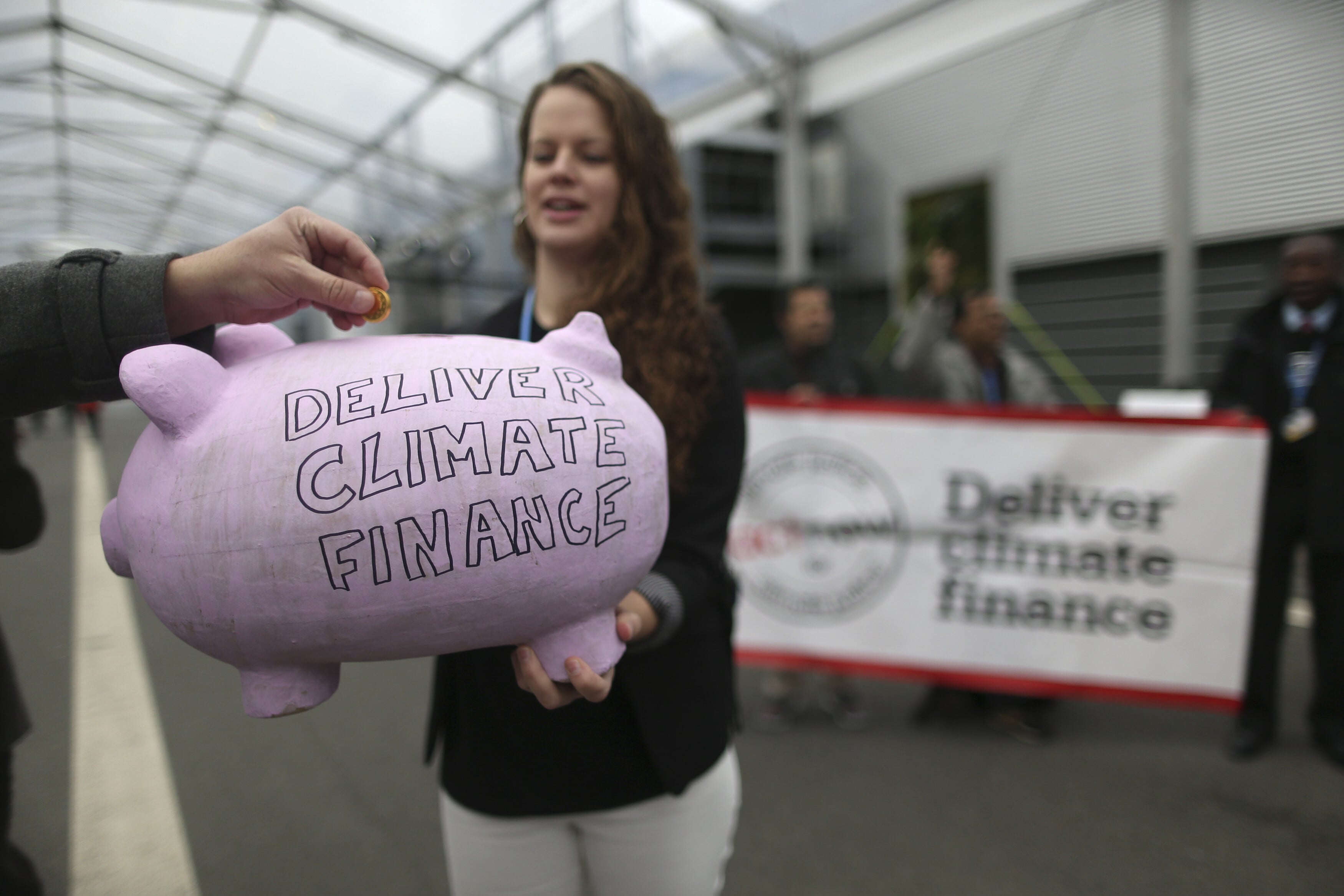Opinion
Small businesses need financial services, not charity. Here's why

Small businesses in South Korea were badly hit by the COVID-19 pandemic.
Image: Unsplash/Sava Bobov
Stay up to date:
Development Finance
- As elsewhere around the world, small businesses in South Korea were besieged by an unprecedented crisis when the COVID-19 pandemic hit.
- However, while one-third faced a drop in sales, another third stayed stable and the final third saw an increase in revenue – highlighting their resilience.
- Here's why many modern small businesses, far from being tragic figures of charity, have emerged as attractive financial consumers in their own right.
In the throes of the 2020 spring, as the COVID-19 pandemic unfurled its grip globally, South Korean small businesses found themselves besieged by an unprecedented crisis.
The virus spread rapidly, but it was the pervasive cloud of fear that disseminated even more swiftly. Government-imposed restrictions aimed at curbing the outbreak inadvertently tightened the noose around these businesses, predominantly reliant on face-to-face interactions, draining their cash reserves at an alarming rate.
The Korean media, in a chorus of concern, amplified this dread, with multiple outlets citing a quick survey by a small business association that claimed over half of these enterprises experienced a staggering 90% plunge in revenues. This narrative painted a dire picture, almost preordaining the bankruptcy of all local stores.
However, the actual sales data painted a markedly different picture. While certain sectors – most notably travel agencies directly impinged by government policies – did see a nosedive in revenue, others, paradoxically, thrived.
Delivery services and grocery stores, for instance, saw an uptick in business, benefitting from the new consumer habits fostered by movement restrictions.
A year later, a comprehensive analysis of annual data from these small businesses, facilitated by Korea Credit Data (KCD) through its widespread deployment of the Cashnote super-app across two million business establishments, revealed a surprising resilience.
A third of these businesses experienced a drop in sales, another third remained stable, and, remarkably, the final third saw an increase in revenues – a testament to the adaptability and diversity within the small business sector even amidst global turmoil.
Small businesses are often perceived by governments both globally and in South Korea as entities in need of aid – but this is a viewpoint not entirely corroborated by data.
In reality, only one-third of these South Korean small businesses might fit the narrative of needing assistance. The remaining two-thirds represent a spectrum ranging from stable to growth-potential entities.
Underdevelopment of financial services for small businesses
This misperception, unfortunately, has led to the underdevelopment of financial services tailored to small businesses, with a bias towards welfare-oriented policies rather than those fostering financial growth and independence.
The financial needs of small businesses are diverse and often underserved. Unlike large corporations, small enterprises require a plethora of specialized financial products and services, each catering to the unique characteristics of the individual business, including industry type and location.
Traditional financial institutions often overlook this sector due to the high cost of service relative to the smaller loan amounts involved.
KCD is working to transform this space by leveraging data analytics to offer tailored financial services to small businesses. By automating the risk assessment process and minimizing human intervention in credit decisions, KCD enables a wider range of financial services, many of which were previously unfeasible due to the smaller scale of transactions.
By analysing payment data, KCD can assess customer loyalty and predict business lifecycle stages, providing insights not only for individual businesses but also for broader industry trends.
KCD’s initiative to establish a specialized credit bureau and its pursuit of establishing a bank tailored to small businesses is a testament to the evolving landscape of financial services, acknowledging the potential of small businesses as viable, attractive financial consumers.
In addition, KCD is catalysing significant changes through collaborations with established financial institutions. By teaming up with one of Korea's top three internet banks and the largest guarantee insurance company, KCD has enabled near real-time integration of business data into loan assessments for small enterprises.
Opening doors for firms through micro-financing products
This has opened doors for businesses previously unable to secure loans or limited to very small-scale borrowing. Additionally, partnering with Korea's largest commercial bank has resulted in the introduction of micro-financing products tailored for small businesses.
The pace of this transformation may not be swift, primarily due to limited interest from traditional financial entities. Nonetheless, this evolution is inevitable, and the emergence of specialized banks for small enterprises will likely expedite this process.
How is the World Economic Forum improving trade for more resilient societies?
The question of whether small businesses are merely subjects of pity has been historically answered with a 'yes'. However, present-day data compellingly counters this narrative, asserting a resounding 'no'.
Modern small businesses, far from being tragic figures of charity, have emerged as attractive financial consumers in their own right – underscoring the need for a paradigm shift in how financial services are structured and delivered in this increasingly vital sector.
Accept our marketing cookies to access this content.
These cookies are currently disabled in your browser.
Don't miss any update on this topic
Create a free account and access your personalized content collection with our latest publications and analyses.
License and Republishing
World Economic Forum articles may be republished in accordance with the Creative Commons Attribution-NonCommercial-NoDerivatives 4.0 International Public License, and in accordance with our Terms of Use.
The views expressed in this article are those of the author alone and not the World Economic Forum.
Related topics:
Forum Stories newsletter
Bringing you weekly curated insights and analysis on the global issues that matter.
More on BusinessSee all
Martin Adams
July 30, 2025
Ricardo Villadiego
July 29, 2025
Matt Watters
July 29, 2025
David Carlin and Sourajit Aiyer
July 28, 2025
Alex Spokoiny
July 28, 2025
Anil Gupta and Wang Haiyan
July 25, 2025





